
“What Justice Kennedy has undertaken in this initial statement of fact, or more properly, of data, that is to say, facts accepted for purposes of the argument…”
– Jonathan Z. Smith, “God Save This Honourable Court” (Relating Religion, p. 382)
While she was on our campus a few weeks ago, I noticed Monica Miller using the word “data” to refer to the things that she studied — things such as African American religion, scholars of African American religion, rap lyrics, and rap artists — and so I asked her a question or two about what she thought was entailed in that word and why she seemingly opted for it rather purposefully in both her public lecture, the evening before, and then during an informal lunchtime discussion with our students the next day. And then, just the other day, Leslie Smith posted on this site, using this four-lettered word in her post’s title — a use that did not go unnoticed by some on Facebook who soon were debating what was termed the dehumanizing effects of such objectifying terminology. (And now the Bulletin‘s blog has entered the debate as well.) Continue reading “Using Four-Lettered Words: Part Two”
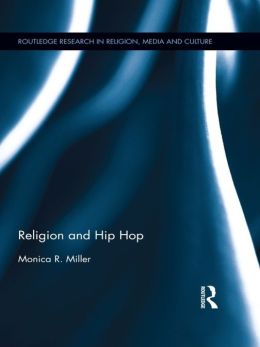 Monica Miller‘s book Religion in Hip Hop has just been released in paperback. If you don’t already have copy, now’s the time to get one because Routledge is offering a promotional deal: Religion and Hip Hop Flyer.
Monica Miller‘s book Religion in Hip Hop has just been released in paperback. If you don’t already have copy, now’s the time to get one because Routledge is offering a promotional deal: Religion and Hip Hop Flyer.
 A while back a couple Edge posts appeared on the topic of “code switching” (Merinda’s post is
A while back a couple Edge posts appeared on the topic of “code switching” (Merinda’s post is 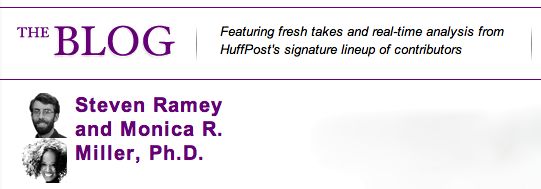 Culture on the Edge’s
Culture on the Edge’s 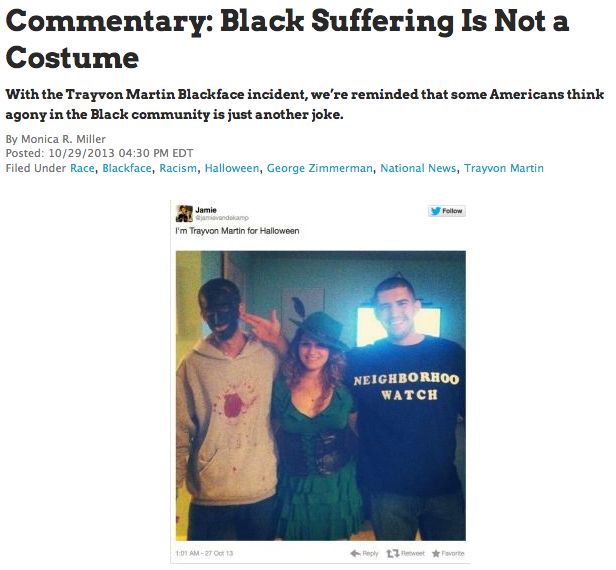 Have you read
Have you read 
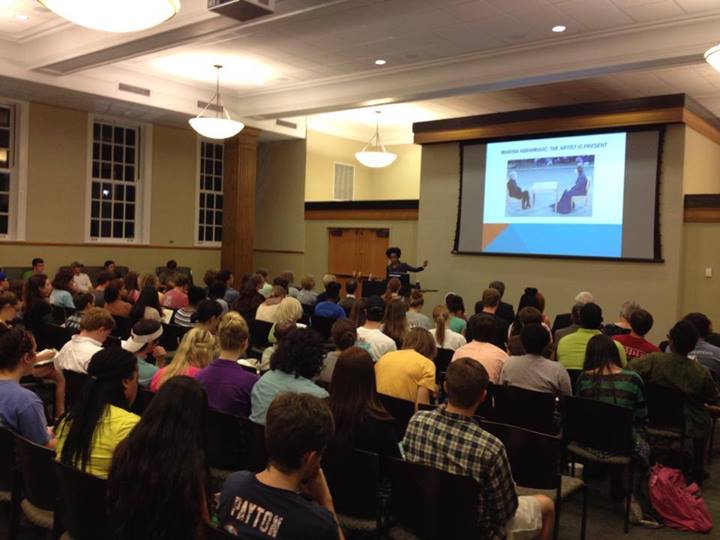
 Q: Identity and identification are words the members of Culture on the Edge are using to stand in for two different, and likely opposed, scholarly approaches to the study of who we see ourselves and others as being; whereas the first presumes a stable inner quality or sentiment only later projected outward into the public world, the latter starts with a series of public practices and social situations that are eventually interiorized. In your own research specialty – Hip Hop culture and rap music in particular, but also the wider field of the study of African American religion — can you illustrate the difference between these two approaches?
Q: Identity and identification are words the members of Culture on the Edge are using to stand in for two different, and likely opposed, scholarly approaches to the study of who we see ourselves and others as being; whereas the first presumes a stable inner quality or sentiment only later projected outward into the public world, the latter starts with a series of public practices and social situations that are eventually interiorized. In your own research specialty – Hip Hop culture and rap music in particular, but also the wider field of the study of African American religion — can you illustrate the difference between these two approaches? 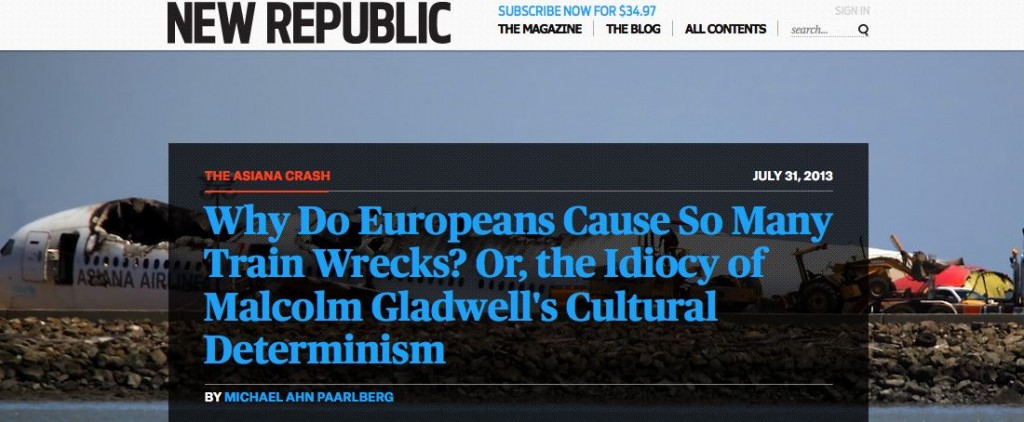 Did you read our earlier post on
Did you read our earlier post on